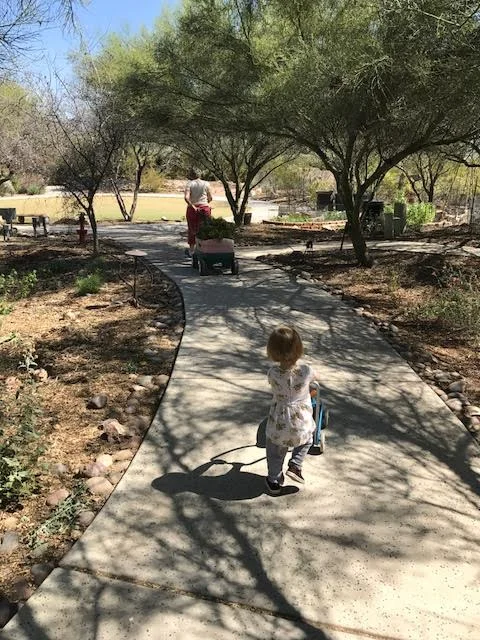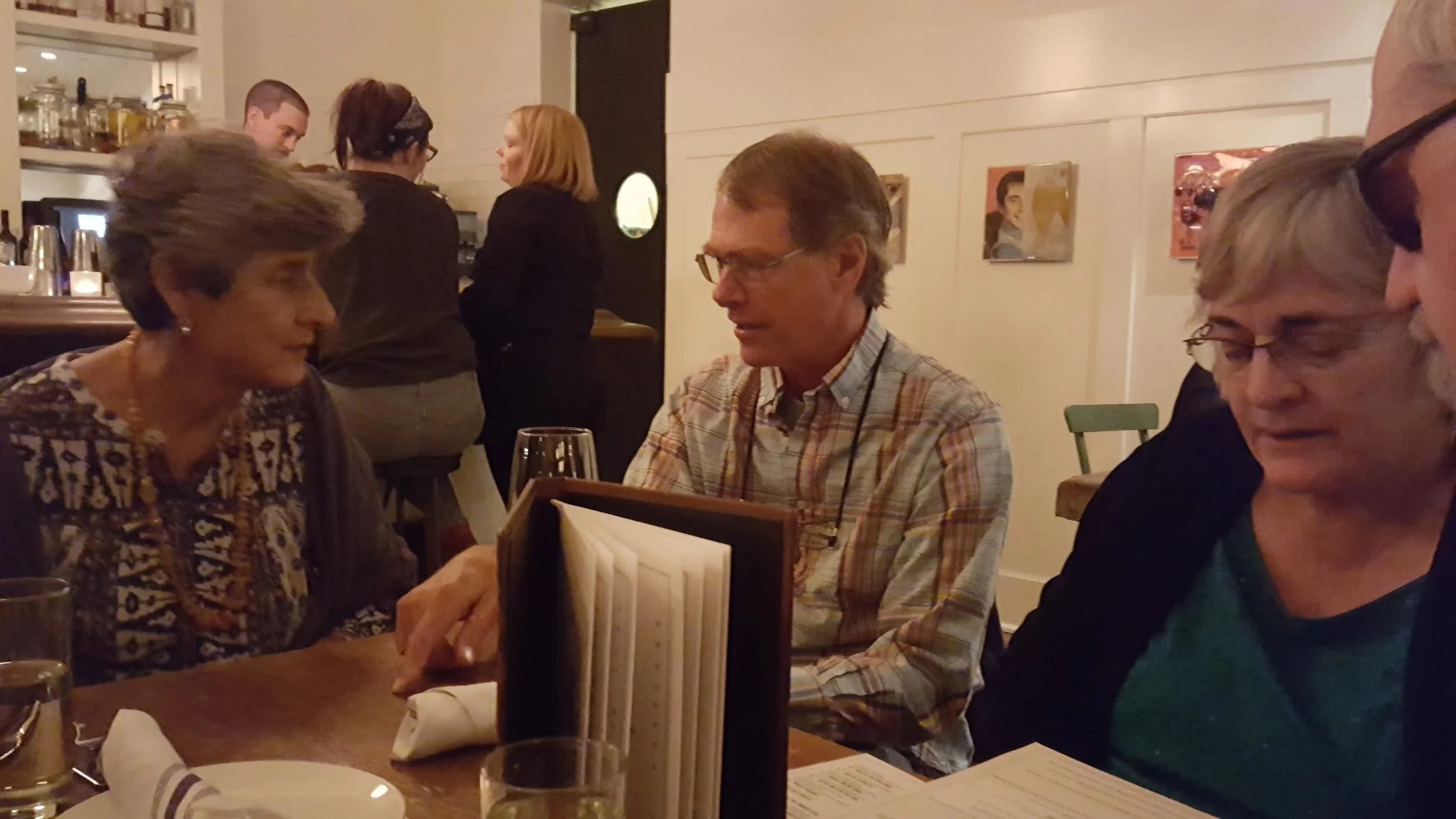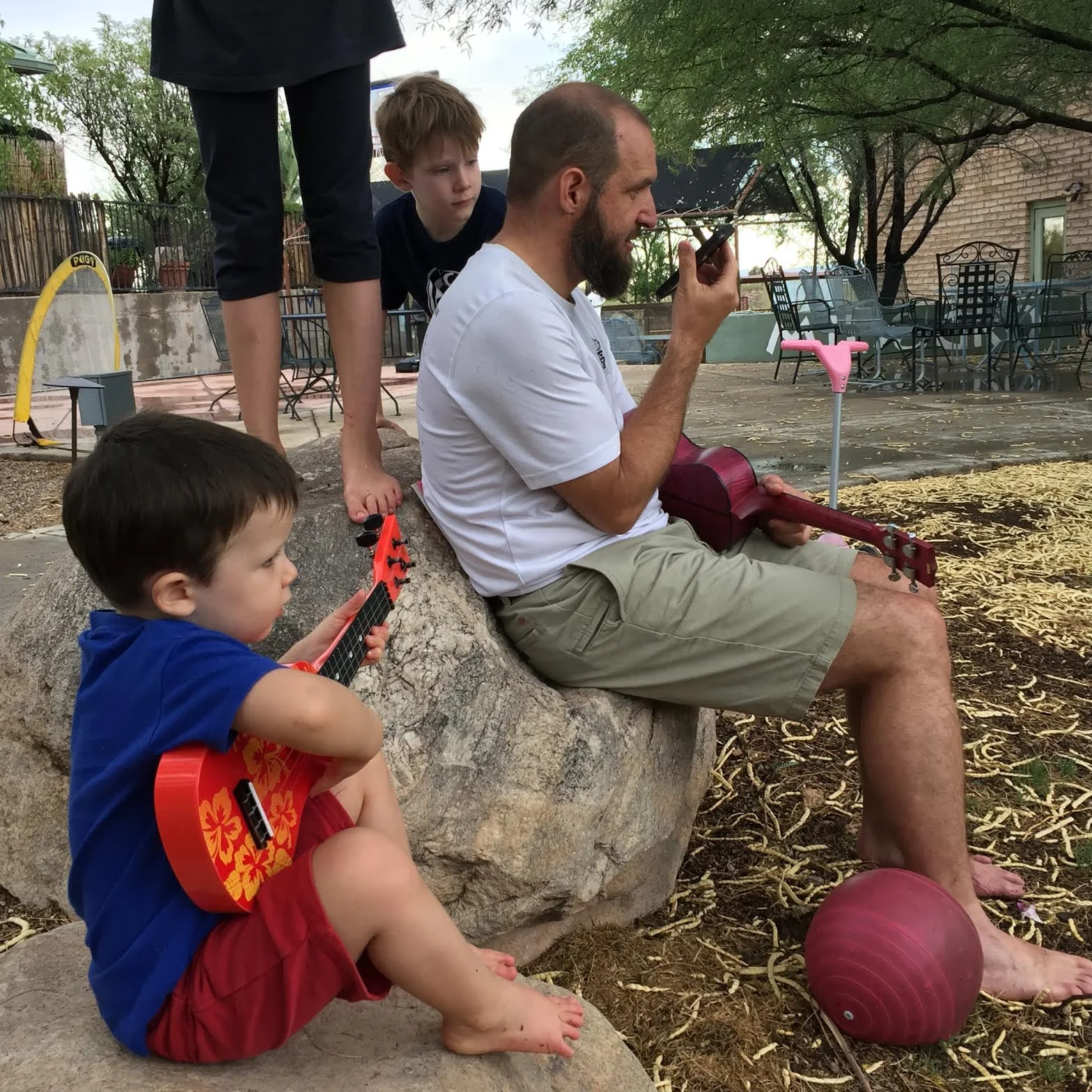Community Living
We intentionally designed our cohousing community to encourage day-t0-day interactions among neighbors. Our homes and front porches open to a curving pedestrian-only pathway. Our common house (community building), grassy circle, and children's play areas greet us as we walk through the front gate. Our swimming pool is nestled behind the common house. Our common house is the hub of our community with a kitchen, large room and library for meetings and events (e.g., shared meals, celebrations, birthday parties, guest speakers, etc.) and a playroom for our children.
We are a self-managed cohousing community and make our decisions by consensus. We volunteer for the committees, task forces, and necessary tasks that keep our community running. And we hold monthly community meetings to share what we've accomplished, discuss new ideas and proposals, and socialize.









Social Activities
In a cohousing community, social activities are central to fostering positive interactions among members. These positive relationships allow consensus decision making to work, and create an environment in which members can enjoy community living and share in the joys, fun and responsibilities.
Common Meals
Every Saturday evening, or sometimes Sunday evening, community members come together to share a meal in the Common House.
Members take turns cooking in teams for others who sign up.
Current charges for meals are $6 per adult, $3 per child. Vegetarian or vegan options are usually available.
Holiday Celebrations & Aloha Events
In addition to common meals, members come together to celebrate holidays.
Every Christmas, Thanksgiving, Easter, Halloween and Mothers Day, the Common House is decorated, a potluck is organized and fun activities are often set up for the kids.
The emphasis is not on personal religious or spiritual beliefs, but on celebration and fun. All members, regardless of their beliefs, join in.
New members are welcomed to the community and departing members are acknowledged with an Aloha party at the Common House.
Happy Hour, Movies & Games
On Sunday evenings, "happy" members get together, depending on the weather, in front of the fireplace or outside to enjoy each other's company with a beverage and some snacks. Sometimes a movie is shown in the library afterwards.
Community movies are enjoyed in the library, the grassy circle, and even in the pool!
Games are organized in the Common House.
A jigsaw puzzle is ongoing for members to work on.
There are many toys and games in the children's room as well.